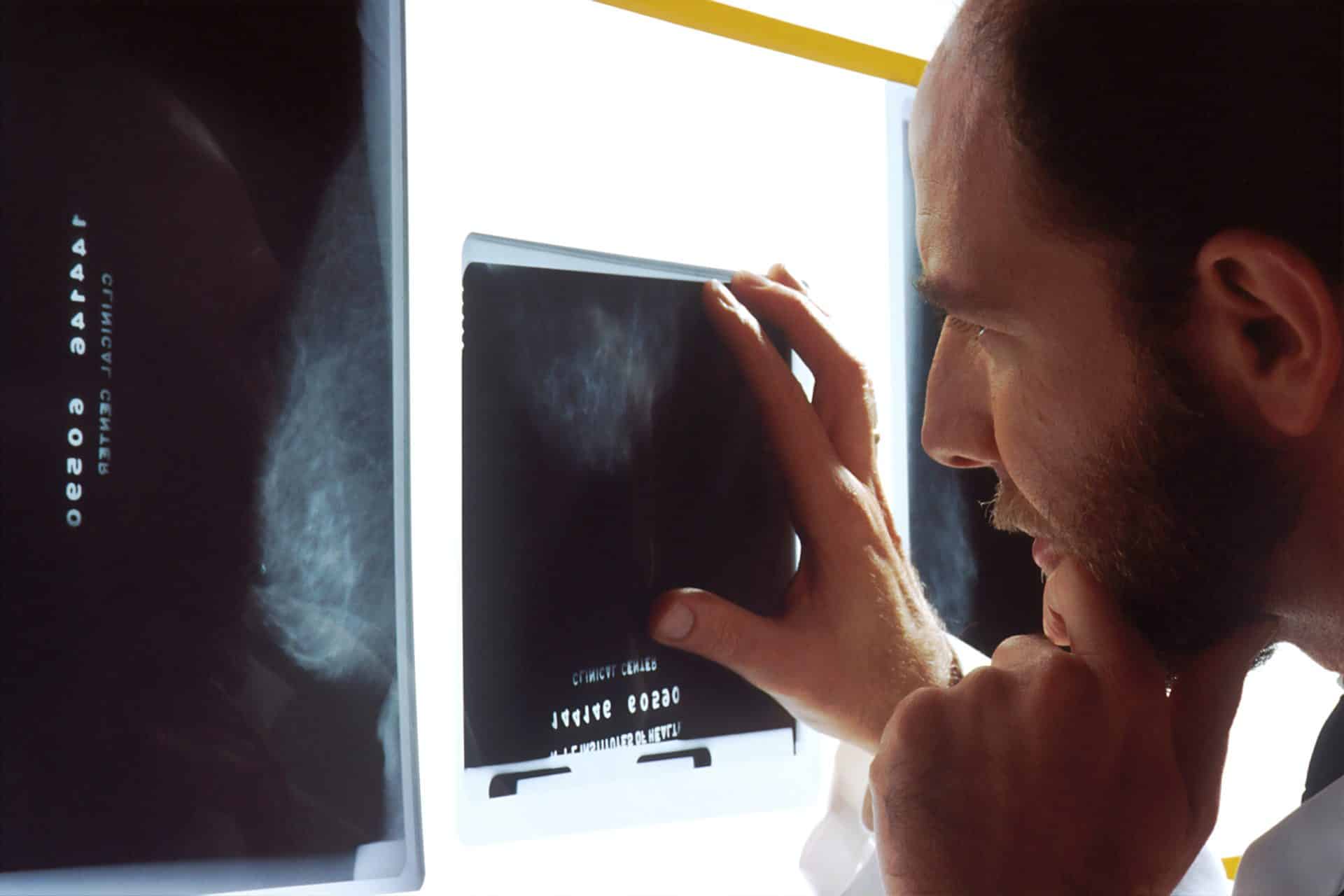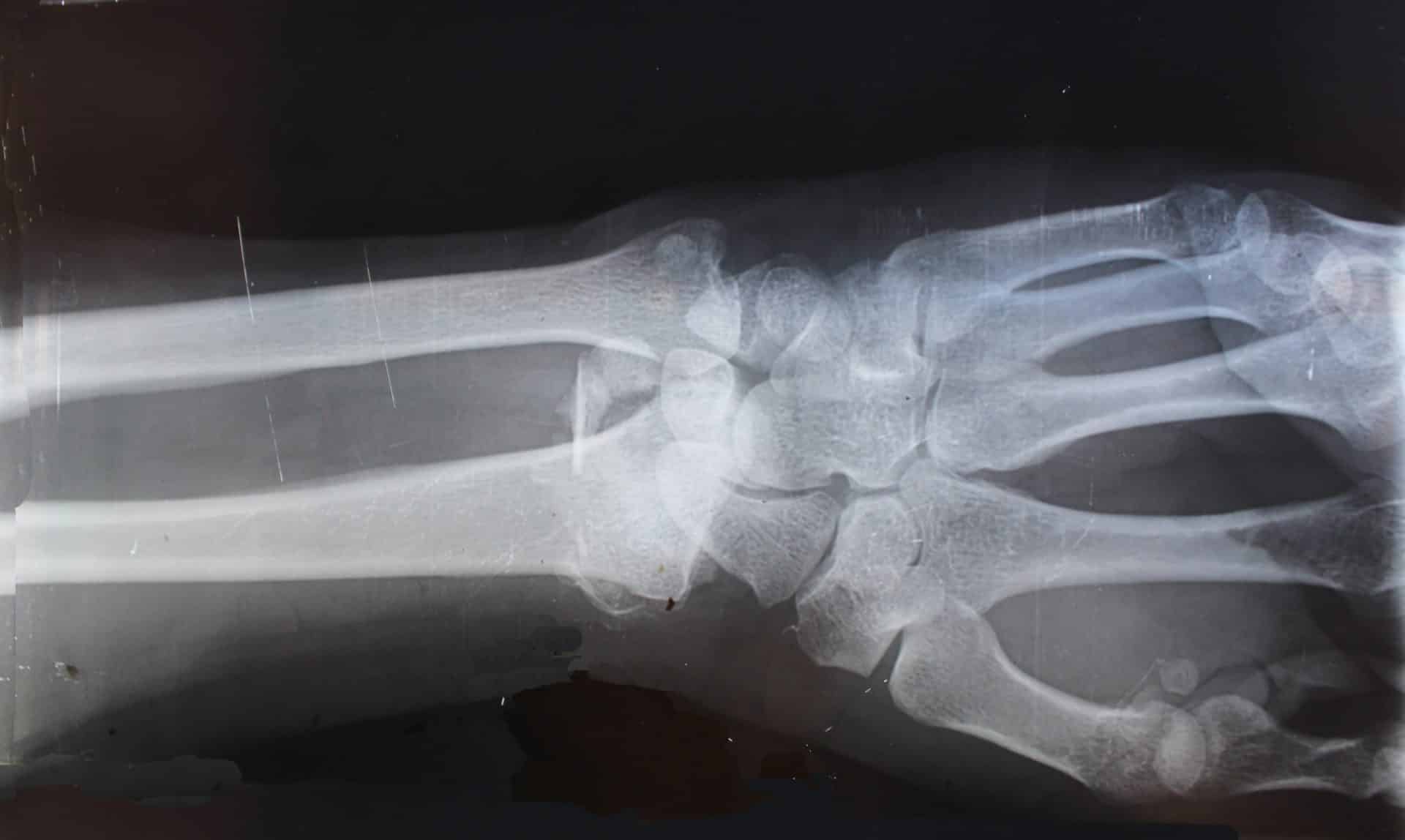Clinical radiologists are one of the most in-demand jobs.
As a radiologist, you’ll be responsible for reporting on imaging procedures that are used in diagnosing medical conditions.
While the career outlook of radiologists is quite high, we’re going to look over the pros and cons of a career in radiology to determine if it is the best career for you.
What do Radiologists Do?
Radiologists are responsible for reporting on imaging procedures that are used for diagnosing medical conditions.
As a radiologist, you’ll have access to a wide variety of imaging techniques and systems to better assist you in diagnosing medical conditions.
These techniques and systems include:
- Computed Tomography (CT) scans
- Fluoroscopy
- Magnetic Resonance Imaging (MRI)
- Nuclear Imaging
- Ultrasound
- X-rays
Different Types of Radiology
A career in radiology typically offers two distinct career paths.
You can either focus on diagnostic radiology or interventional radiology.
Diagnostic radiology consists of finding what is clinically wrong with patients using a range of imaging techniques, including the techniques listed above.
Interventional radiology uses image-guided pin-hole surgery to treat a variety of conditions, illnesses, and disease.

What Responsibilities do Radiologists Have?
As a clinical radiologist, you’ll need to use images to diagnose, treat, and manage a variety of medical conditions, illnesses, and diseases.
In addition, your expert opinion and guidance will be invaluable to other doctors and staff from a wide array of medical specialties.
You’ll also be expected to liaise and meet with medical and non-medical staff to discuss quality treatment options.
In addition, you will need to examine patient anatomy, pathology, and clinical history to select the appropriate radiology technique.
Lastly, as a clinical radiologist, you will likely need to assess and support patients through various diagnostic and interventional radiology procedures.
This includes undertaking minimally invasive techniques to guide treatments throughout the body.
These wide ranges of responsibilities will be useful in your career and will help you to garner higher pay and salary.
As a radiologist, your salary will range depending on years of experience, with typical salaries ranging from 200,000 to 540,000 dollars per year.
Useful Skills to Pursue a Career in Radiology
- An analytical mind and a keen eye for detail
- Interest in anatomy, physiology, and pathology
- A solid understanding of medicine and surgery
- Clinical knowledge across all specialties
- Ability to multitask and work well under pressure
- Excellent verbal and communication skills with both medical and non-medical professionals
- Good teamwork ability
Pros of a Career in Radiology
The pros of a career in radiology are well documented.
For starters, as a radiologist, you are able to work from nearly anywhere, so long as you have a good internet connection.
Radiologists historically have very flexible working environments and can choose to complete their work and consultations from the comfort of their homes.
In addition, if you are interested in medicine and pathology, radiology is one of the most interesting medical career choices.
You will see and interact with a wide range of diseases and with a range of doctors covering nearly every age group and specialty.
Radiology is also one of the most in-demand jobs on the market.
You’ll likely never worry about finding a suitable position and can conduct freelance and part-time work if you’d like.
This also helps to ensure that your salary remains competitive and increases with years of experience.
Lastly, as a radiologist, you will be called to doctors across all specialties.
They will seek out your advice and expertise and call you in to consult on a wide range of issues.
There is also a huge amount of research and innovation occurring in the space and you will likely find research that piques your interest.

Cons of a Career in Radiology
While there are a plethora of reasons to pursue a career in radiology, it definitely isn’t the perfect career.
For starters, you will likely play a major role, albeit behind the scenes.
You will likely have little contact with the patient and your expertise will be used to assist other physicians and doctors.
In addition, the work can get repetitive and slightly boring.
Although there will always be interesting cases, you will likely understand diagnoses quickly and become proficient, to the point that boredom may set in.
Similarly, there are a plethora of new technologies and systems being developed each year which you will need to keep up with.
Lastly, although the pay is competitive, it is not the best for specialized professions.
coupled with the fact that the work can be repetitive, exhausting, and riddled with potential mistakes, it is easy to see and understand why so many radiologists burn out.
Conclusion
Radiology is an esteemed career and profession.
However, as with any profession, there is a list of pros and cons to consider before jumping in.
As a pro, radiology offers a specialized skill set that is unlikely to be replaced soon and with growing demand in work.
Radiologists have flexibility in where and how they work and are often consulted by other doctors and physicians for their expertise.
However, radiology can be an exhaustive and repetitive career.
For the work involved, although the salary is competitive, it is not the most competitive for a specialized field.
In addition, radiologists are often not seen nor as appreciated as other doctors and physicians for the work they provide.
If you’re interested in gaining an understanding of many different specialties and work with different diseases and illnesses then radiology is a great career to pursue.
Whether or not radiology is the right career for you is definitely a personal choice but we hope this list of pros and cons of a career in radiology helps you to make the right decision.









